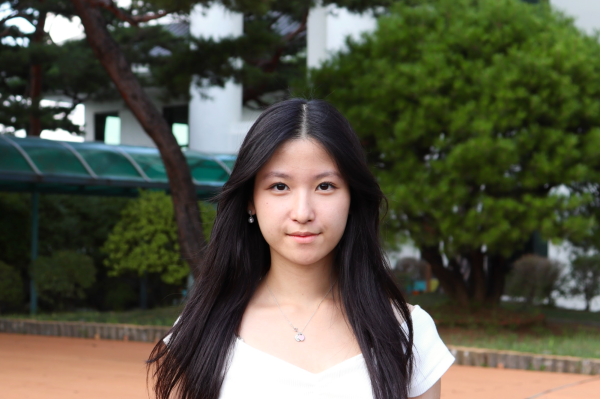Chairman Ryu Heelim of the Korea Communications Standards Commission (KCSC) announced in a press conference on Sept. 30 that Telegram Korea will be implementing a zero-tolerance policy combatting deepfake pornography and other illicit content on its platform.
The decision to establish the new policy came in response to growing concerns over the proliferation of deepfake sex crimes in South Korea, which have become a pressing social issue, especially on social media. These crimes often involve the manipulation of images or videos to create highly-realistic pornography without the consent of those being depicted. The victims of these crimes range from adults to elementary school students, with some perpetrators being directly related to the victim.
During a face-to-face meeting with the KCSC and Telegram representatives, KCSC Chairman Ryu Hee-lim emphasized the severity of the situation, stating, “Telegram understands the social implications of deepfake content in Korea and has committed to strict actions against illegal material.”
“I think it’s important for platforms like Telegram to take action against deepfake content, as it can really harm people’s lives,” Minjoo Kim (9), social media activist, said. “It’s good to see that Telegram is responding to the issues here in Korea. This policy could help protect individuals, especially women who are often targeted by such harmful content.”
As Telegram prepares for stricter regulations on the spread of illegal content, a precedent is set for other social media applications to take action to protect users. The issue of deepfake pornography has sparked a broader conversation about the need for stringent measures to protect vulnerable individuals from digital exploitation.


